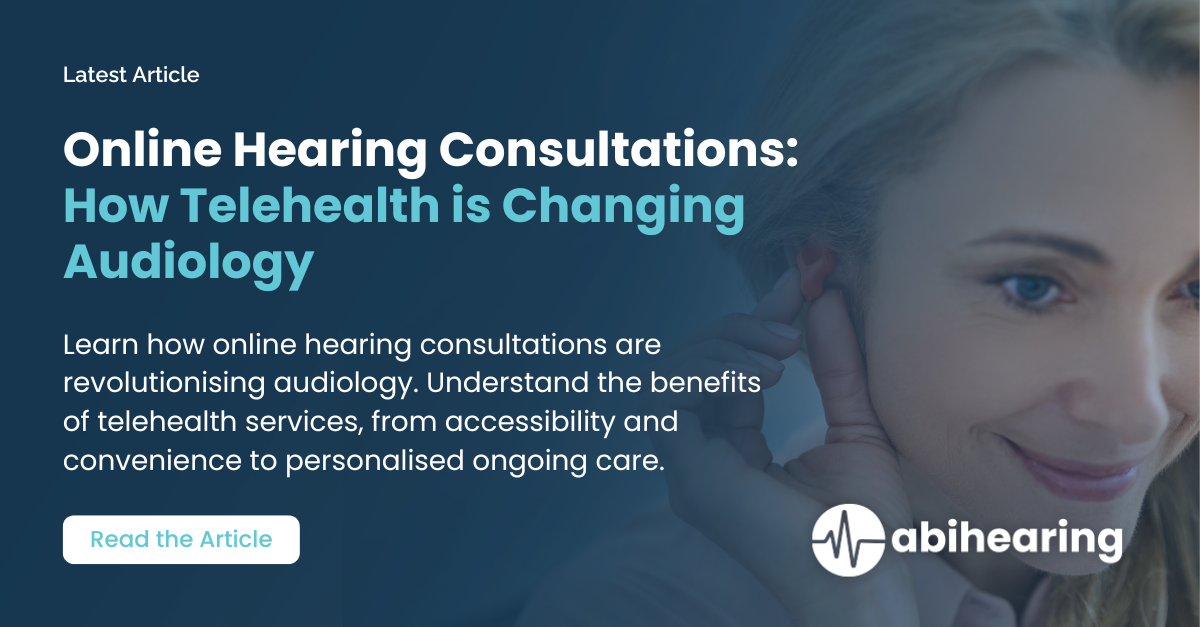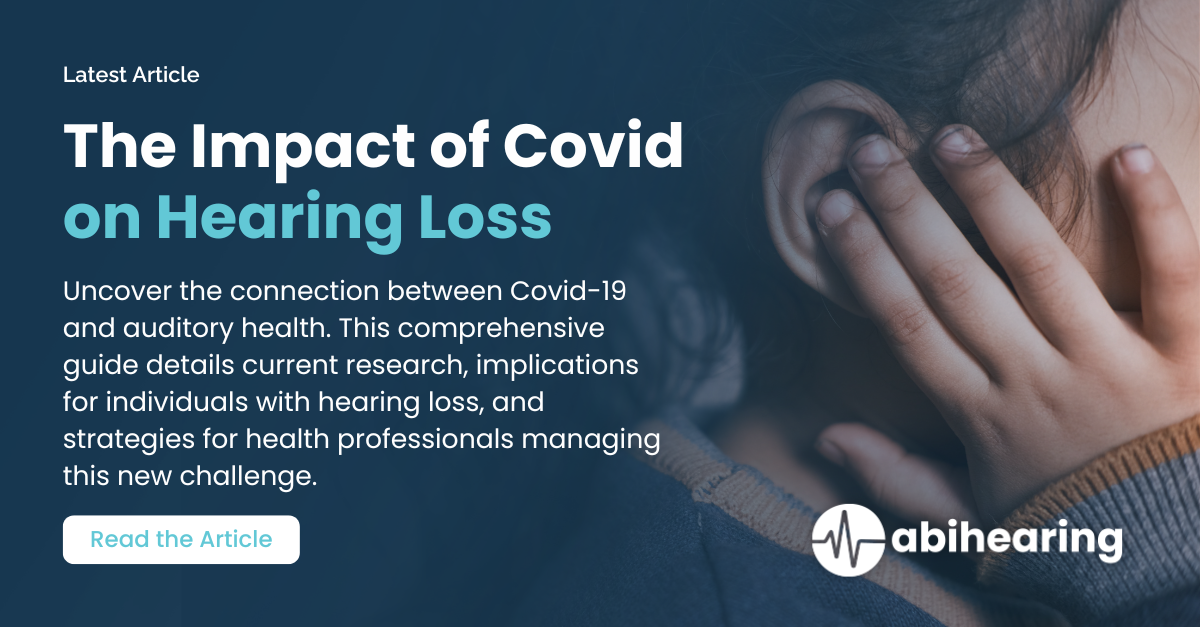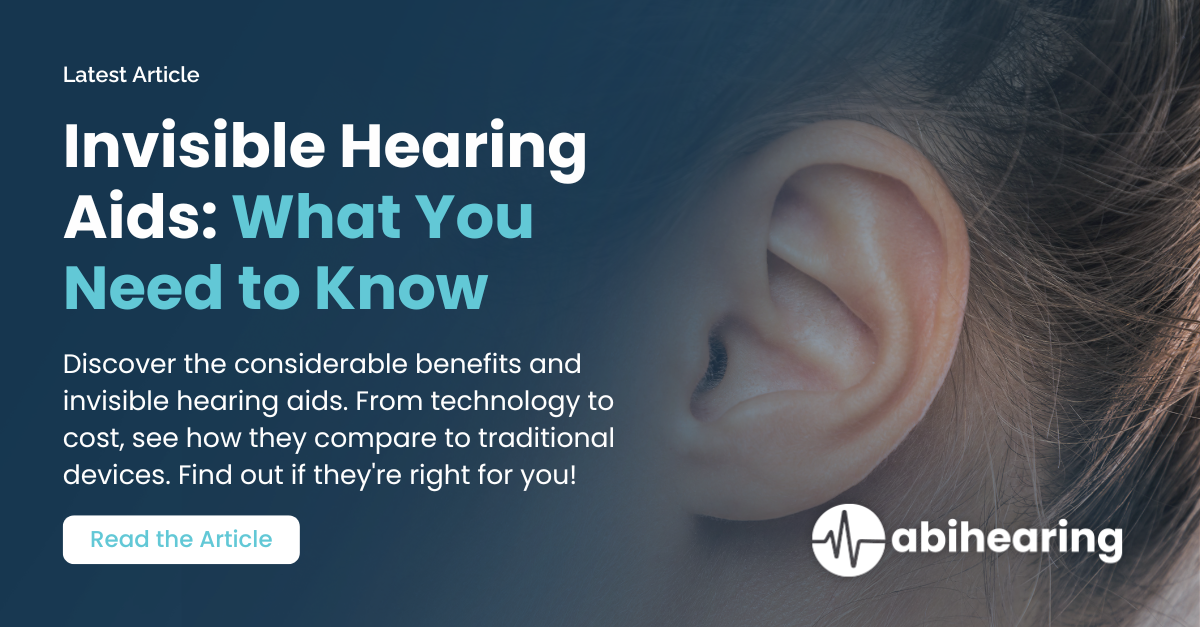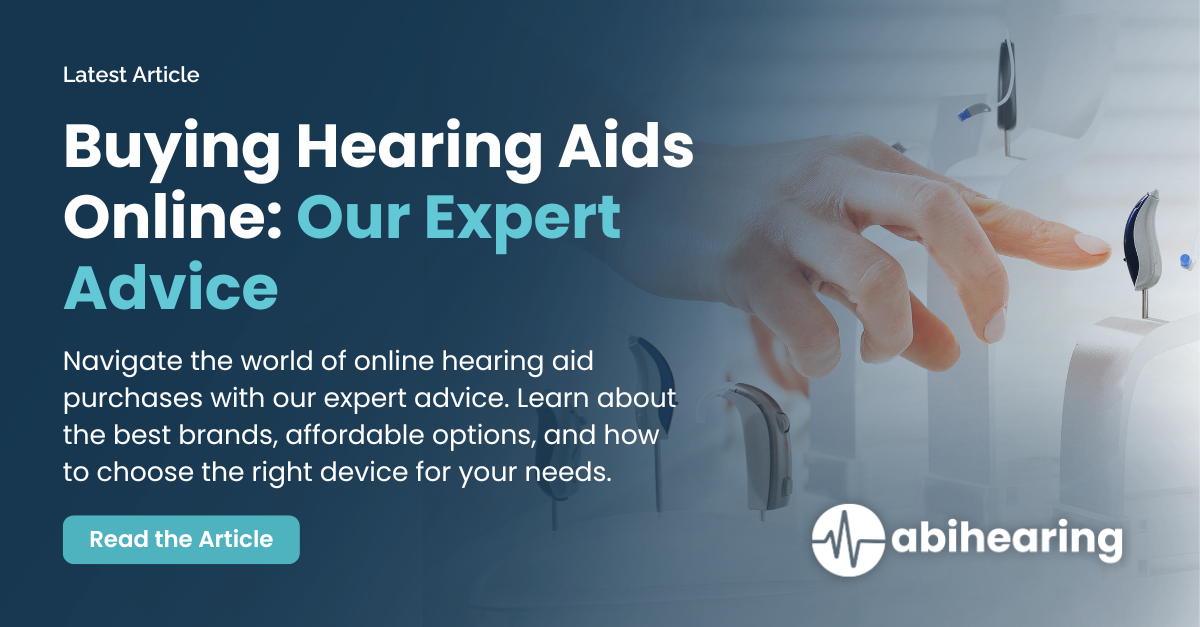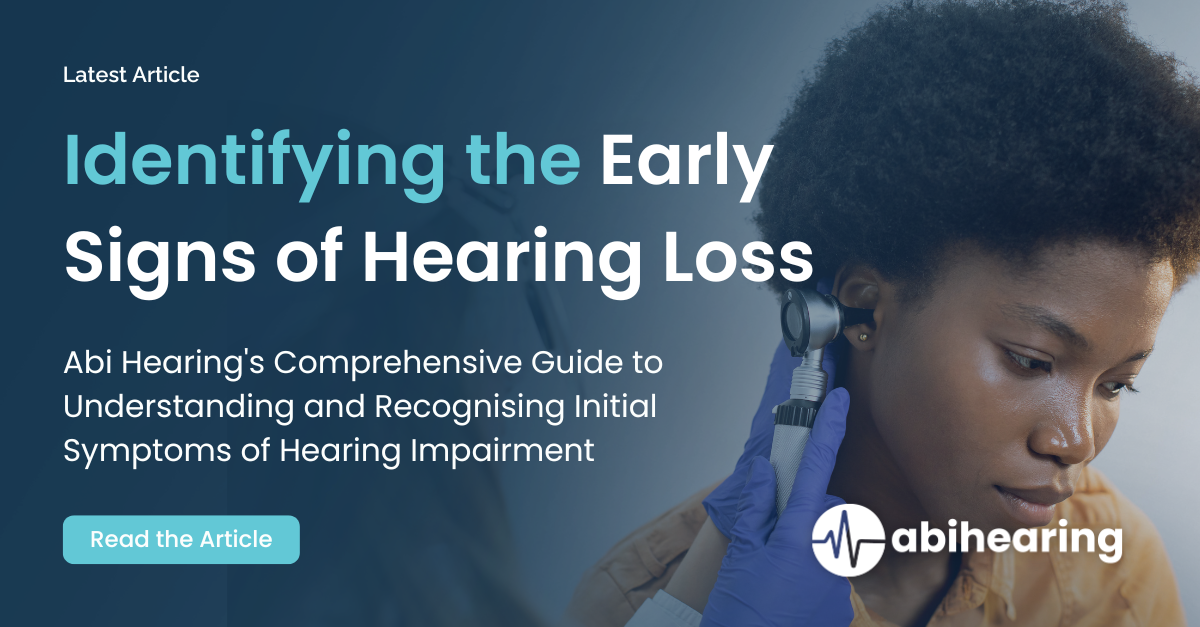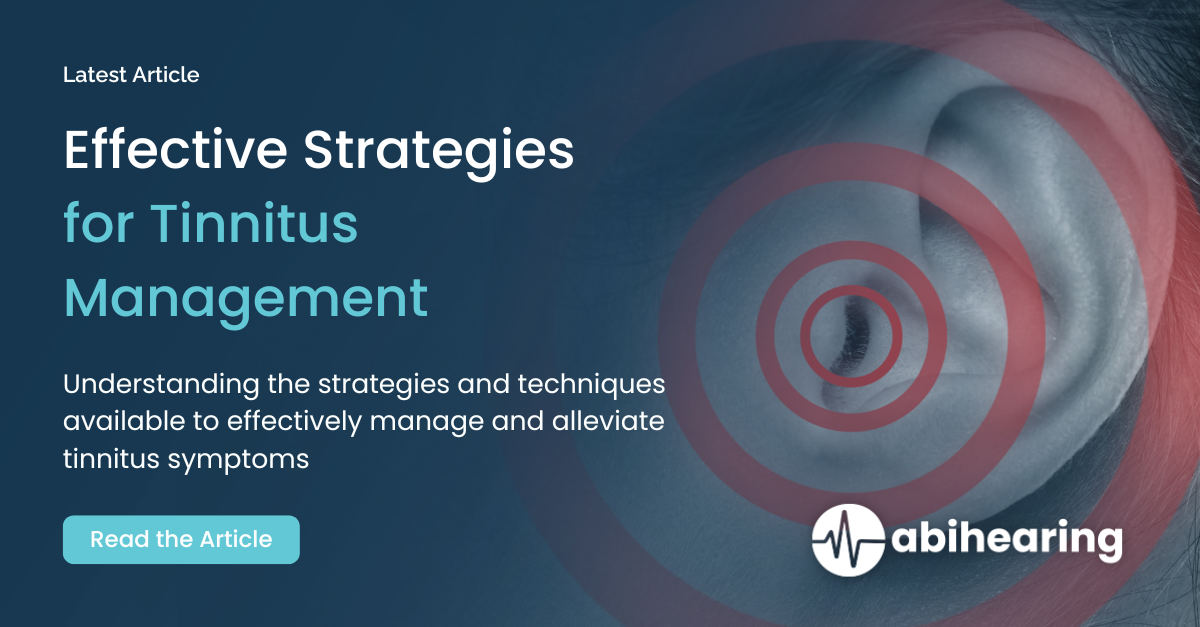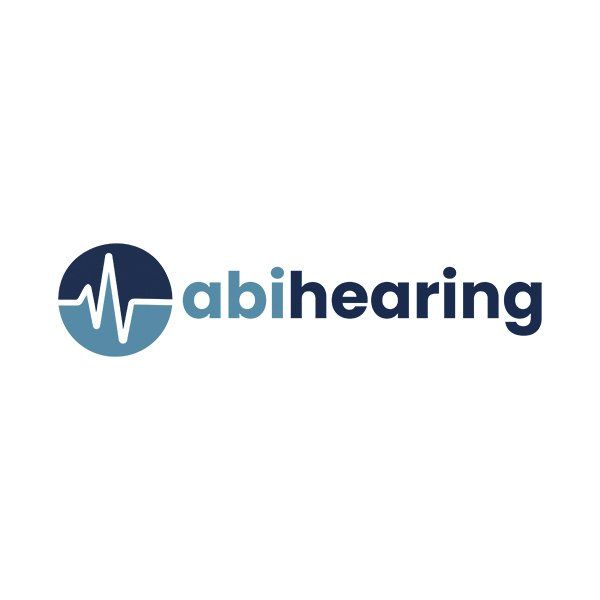The Importance of Hearing Tests for Seniors
As people age, their senses often become dull. This is especially true for hearing. Over time, the structures of the ear begin to deteriorate, which can lead to hearing loss. While some degree of hearing loss is normal with age, severe hearing loss can be debilitating. It can make it difficult to communicate with others, enjoy hobbies, and even follow doctor's orders.
That's why it's important for seniors to get their hearing tested on a regular basis. Hearing tests can help identify problems early on, when they are still treatable. They can also help ensure that seniors are using the best possible treatments for their hearing loss.
What is a Hearing Test for Seniors?
A hearing test for seniors is any test by an audiology professional that uses different sounds or tones to measure your hearing. Hearing tests generally use an audiometer, which is an instrument that emits tones of varying loudness at specific frequencies. Hearing tests are also known as pure tone audiometry. Hearing tests are used to measure the amount of hearing loss an individual has, as well as to help diagnose any underlying causes.
Why Are Hearing Tests Important for Seniors?
Hearing tests are important for seniors because they can help identify if a senior is experiencing hearing loss. Hearing loss is a common ailment among seniors, and it can lead to a number of negative consequences if left untreated. Hearing loss can cause social isolation, depression, and even cognitive decline. Hearing tests are an important way to prevent these negative outcomes and improve the quality of life for seniors.
What Happens During a Hearing Test?
A typical hearing test will last around 30 minutes. The audiologist will ask you to sit in a soundproof room and will present a series of tones at different frequencies. You will be asked to indicate when you can hear the tone by raising your hand or pressing a button. The audiologist will then record your results.
Can Hearing Loss Be Treated?
Yes, hearing loss can often be treated. If you are experiencing hearing loss, your audiologist may be able to recommend treatments such as hearing aids, cochlear implants, or sound therapy. If you are experiencing mild to moderate hearing loss, these treatments can often improve your quality of life significantly. Hearing loss should not be taken lightly – it is important to get treatment as soon as possible if you think you may be experiencing a problem.
How Can I Tell If I'm Losing My Hearing?
If you find yourself asking people to repeat what they just said, if you watch television or listen to the radio at a higher volume than before it may be time for a Hearing Test. Every senior should have their Hearing tested at least once a year. Hearing loss can be a natural part of the ageing process, but it can also be caused by exposure to loud noises. The sooner you know about any possible Hearing loss, the better. Hearing loss is often gradual and occurs over time.
How Often Should I Get a Hearing Test?
It is recommended that adults have their Hearing tested every one to two years. Hearing Tests are especially important for seniors, because Hearing loss is often caused by ageing. Seniors are also more likely to have hearing loss, as hearing diminishes naturally over time. If you think you may be losing your hearing, book an appointment with your local Audiologist today. Sometimes mild hearing loss can mean the difference between hearing every word and not hearing enough to follow a conversation. Hearing Tests can help determine if Hearing loss is due to normal ageing or caused by other factors.
How Do Hearing Tests Work?
A hearing test will measure your hearing sensitivity by playing tones of varying loudness at specific frequencies. Hearing tests are also known as pure tone audiometry, because they use sine waves to test for hearing loss. Hearing Tests are usually given by an Audiologist , who will be able to answer any questions about the test results after the hearing test is completed.
There are many Hearing Aids available on the market today that can help seniors with their hearing loss. Hearing aids can be custom designed to fit your ears and hearing loss type. Hearing aids connect you with the world around you, allowing seniors with hearing loss to hear better in all kinds of situations.
What Do Hearing Test Results Mean?
Hearing Test results often depend on the type of hearing loss you have and how well your hearing responds to specific tones at different frequencies. Hearing loss can be tested for in several ways, including:
Pure tone audiometry
Testing hearing sensitivity with pure tones; used in hearing tests for adults and children . Hearing loss is assessed with different frequencies (pitches) and loudness (intensity of sounds). Hearing Test results can be presented in several forms, including Hearing Loss of the average ear of a young person of your age or Hearing Loss that is more severe than normal for your age.
Speech audiometry
Speech audiometry refers to testing hearing sensitivity with speech audio in various background noise settings. During these tests, hearing loss is assessed by testing ability to hear specific sounds or words in a quiet room and increases gradually to noisier environments.
Tympanometry
Tympanometry is used to measure the condition of the eardrum and the tiny hearing bones in your middle ear. This test involves inserting a probe into your ears and presenting tones at various frequencies and volumes to gauge how well your ear responds. The results from this test can help identify fluid buildup or other issues that could be causing hearing loss.
How to Choose the Right Audiologist for Your Needs?
Hearing Tests for seniors are important for identifying hearing loss and hearing aids that can improve your quality of life. There are hearing test professionals called Audiologists who specialise in hearing disorders and hearing loss issues. Hearing tests performed by an Audiologist can tell you if there is a problem, how severe it is and make recommendations for treatment options.
Hearing Aids can be custom designed to fit your ears and hearing loss type. Hearing aids connect you with the world around you, allowing seniors with hearing loss to hear better in all kinds of situations.
What Can We Do for You?
Abi Hearing provides seniors with the best hearing test experience possible. Our tests are designed to be user-friendly and informative, giving you all the information you need to make an informed decision about your hearing health.

